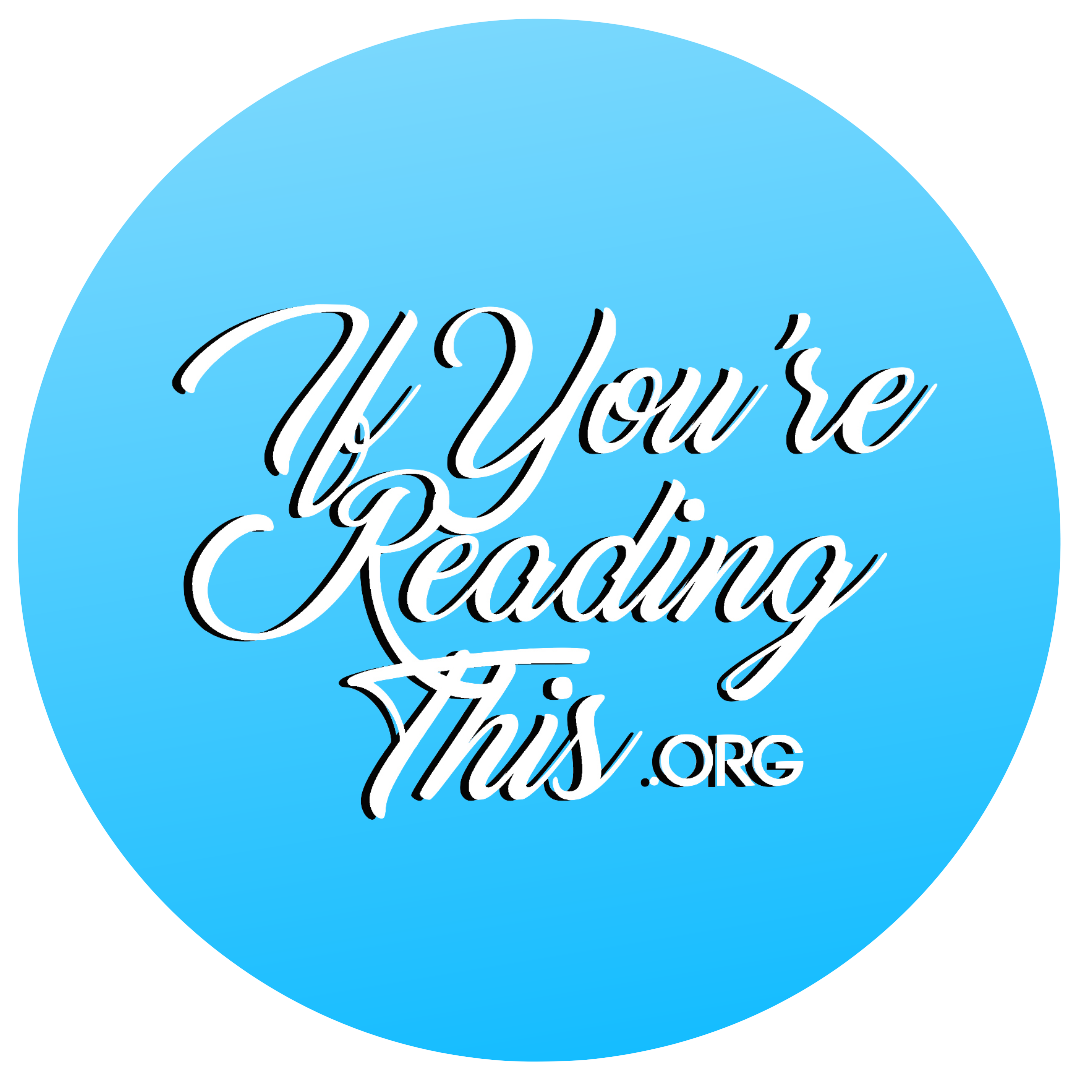Dear Reader,
Mary’s letter describes her personal journey with body image issues and we advise those who may be triggered by this topic to practice caution when reading this letter. If you are struggling please reach out to our Peer Contact or one of the resources listed on our Resources Page.
Sincerely, The Team of IfYoureReadingThis
If you’re reading this, you do have power over the words that control you.
I have been plagued and haunted by “fat”. Not by the fat in the cells which cover my body — or by exceptionally fatty cuts of steak from the supermarket — but by “fat” as a tremendously defining piece of language, a social construct which determines my validity, my being, and my worth. From my years as a child to the ravages of teenagehood, “fat” pervaded my world and dictated how I should be living my life.
In high school, “fat” was at its worst for me. I had always struggled with mental illness, namely anxiety and depression, but body image was at the forefront of these worries. In my mind, all my trivial teenage issues would be resolved if I just got thinner. I would gain friends, find love, get happy, and see the beauty I knew I had on the inside finally reflected on the outside. “Fat” convinced me of this. Social media posts just shy of promoting eating disorders convinced me of this. Even the attitudes of friends and family convinced me of this, and in turn, I did not want to wait any longer. I began a dangerous bout of calorie counting and over exercising soon thereafter.
However, no matter how many pounds I shed or how many compliments I received about my gradually slimming body or how much hair I lost or how distant I was becoming, “fat” was still there, still as abrasive and prickly, still forcing me to go further and lose even more. Though I was exhausted, I couldn’t stop. I was addicted to chasing thinness — I was inextricably tied to fearing “fat”. This went on for a long time, affecting much of my first two years here at U.Va. Even in a new environment, I could not unlearn my unhealthy eating habits and desire to stay as thin as possible.
Then, something changed. I started going to therapy and digging deeper into my fixation on skinny idealism. But most of all, I started unraveling the word “fat”, examining how it operated and how it continued to permeate my goals for the future. I asked myself why fat was tied to ugliness, to sloth, and to immorality. I didn’t want to be fat because I wanted to be beautiful, but why was “fat” linked to beauty in the first place? What was “fat” really, but a tool used to diminish and pass judgment on normal human changes in appearance? Why did “fat” horrify me and millions of others? I wanted to be able to answer these questions, and in answering them, I wanted to redefine “fat” for myself so that it would not control me anymore.
In this process, I have realized how much power we give “fat” and how we are able to take that power away. Language is fluid — it is governed by our need for meaning as a society. We can twist “fat” into something less destructive, perhaps even into a weak, neutral adjective that is incapable of invoking panic. Now, I am not trying to imply that people have complete authority over their mental illness and could make it disappear if they really wanted to. We cannot just will our woes away, and it is harmful to think that is possible. However, knowing I can change the definitions of words that impact me has been incredibly liberating, and has given me the strength to continue on my journey to wellness.
In short, I am “fat”. You are “fat”. The people you look up to are “fat”. She’s “fat”, he’s “fat”, they’re “fat”, we’re “fat”. And although my definition of “fat” may be different than yours, in allowing ourselves to be “fat” in our own way, we can take charge of the language that limits us and live lives that are uninhibited by an obsession with appearance.
Mary K. (she/her), University of Virginia ‘24
AUTHOR CONTACT
This author has opted to allow readers who resonate with their story to contact them. If you would like to speak to the author of this letter about their experience, please use the form below.

